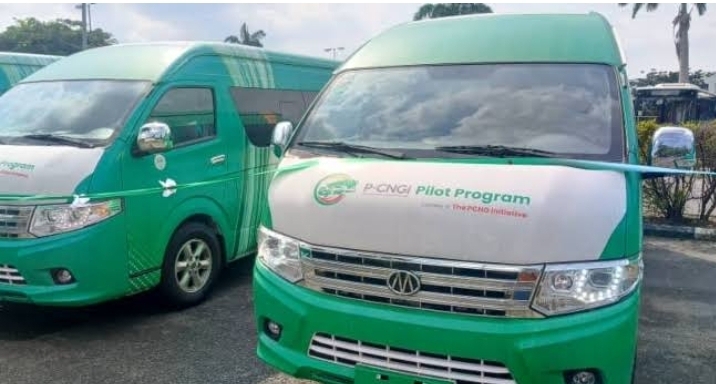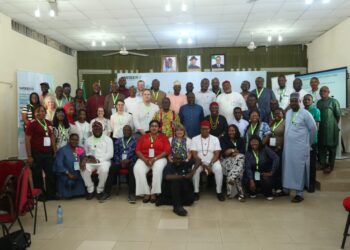The Presidential Compressed Natural Gas Initiative (P-CNGI) has reaffirmed its commitment to ensuring transport operators adhere strictly to approved affordable fare structures.
This move comes as part of efforts to maintain fairness in pricing and prevent exploitation within Nigeria’s commercial transport sector.
Michael Oluwagbemi, Programme Director and Chief Executive of P-CNGI, addressed recent reports suggesting that some transport operators were not complying with agreed fare structures. He assured the public that strict monitoring mechanisms were in place to curb any form of extortion by transport unions.
Oluwagbemi stressed that P-CNGI would not tolerate violations of the initiative’s policies and warned that sanctions would be imposed on any operators found guilty of non-compliance.
“The P-CNGI is concerned by recent media reports indicating that some transport operators are ignoring the agreed fare structures,” he stated. “We are actively working to prevent any form of exploitation and to ensure that commercial drivers and passengers fully benefit from this initiative.”
To ease the burden of high fuel costs, P-CNGI has introduced CNG conversion incentives, allowing commercial drivers to transition from petrol and diesel to compressed natural gas (CNG) at no cost. This strategic initiative aims to provide financial relief and encourage the adoption of cleaner energy alternatives.
“It is both disappointing and unacceptable that certain transport operators are setting fare structures that contradict the programme’s goals,” Oluwagbemi said. “The initiative was designed to lower fuel expenses, not to increase transport costs for passengers.”
To facilitate a seamless transition, P-CNGI has partnered with authorised conversion centres to implement its Conversion Incentive Programme. These centres are responsible for carrying out free CNG conversions for commercial vehicles under strict supervision.
According to Oluwagbemi, transport unions have been actively engaged to ensure that all commercial drivers can access these free conversion services without facing unnecessary restrictions.
In a bid to simplify and accelerate the CNG conversion process, P-CNGI launched the ‘10 for 10 Initiative,’ which deploys field agents to commercial transport parks in Abuja and Lagos. These agents help register vehicles for free conversions, ensuring that more drivers can take advantage of the scheme without undue interference from transport unions.
“This hands-on approach guarantees that commercial drivers can access CNG conversions without unnecessary bureaucratic hurdles,” Oluwagbemi stated. “Any transport operator or stakeholder attempting to obstruct this process will face strict penalties.”
To further strengthen compliance, commercial drivers experiencing difficulties in accessing the free conversions are encouraged to report their challenges via designated channels. P-CNGI has also provided a helpline—07000000264—where drivers can seek assistance and report any cases of unfair treatment.
Additionally, Oluwagbemi revealed that new measures were being introduced to enhance oversight and ensure the benefits of the initiative reach both drivers and passengers. These efforts include increased monitoring of transport operators and a crackdown on those imposing illegal fare hikes.
Beyond enforcing fare compliance, P-CNGI is working closely with partners to expand refuelling infrastructure and establish additional conversion centres nationwide. This expansion aims to improve accessibility for commercial drivers and ensure a steady supply of CNG, further promoting its adoption as a cost-effective and environmentally friendly fuel alternative.
“The goal is to make CNG a viable and sustainable option for transport operators across Nigeria,” Oluwagbemi noted. “By improving infrastructure and accessibility, we can accelerate the shift to cleaner energy while ensuring transport remains affordable for everyone.”










